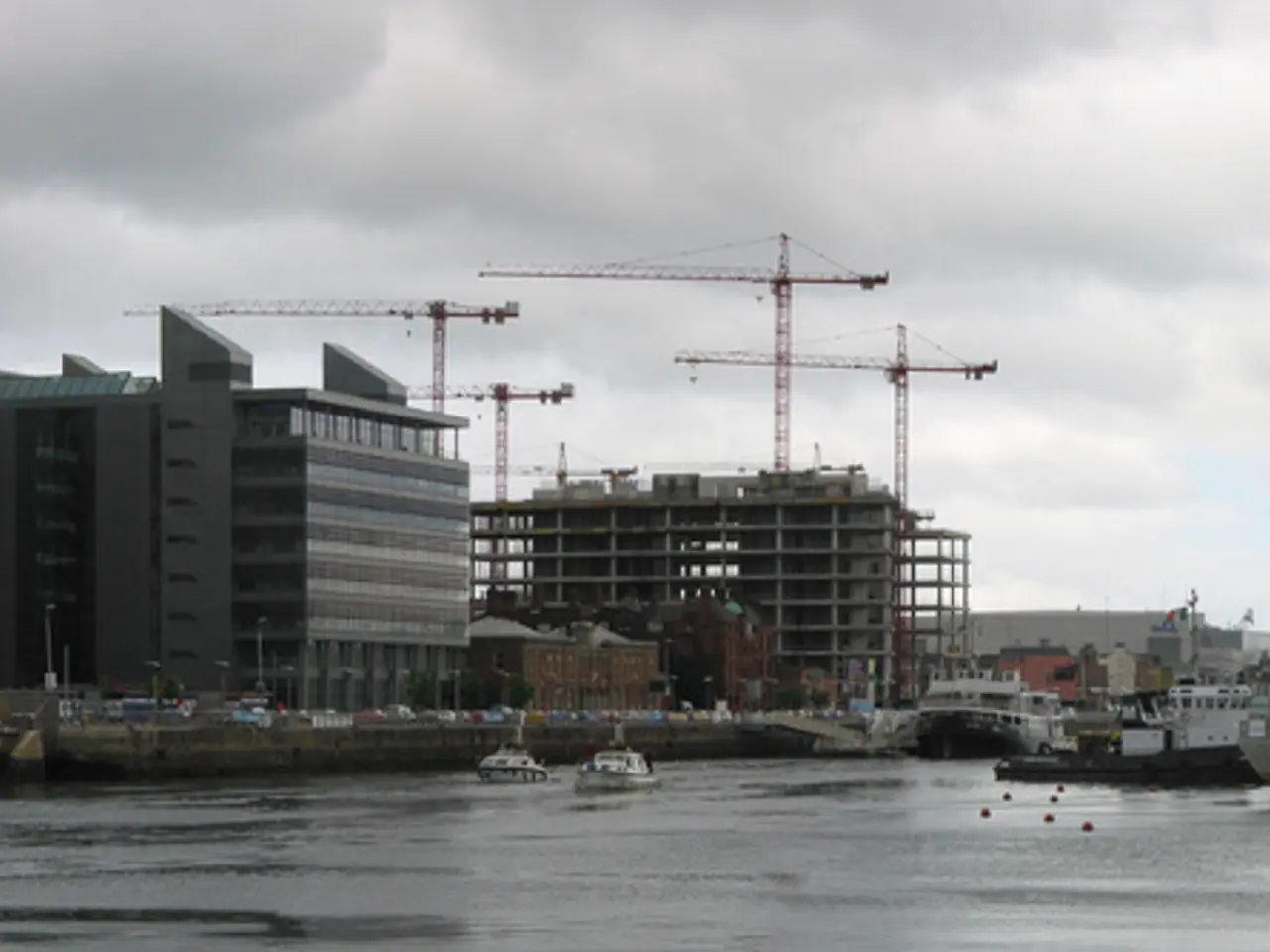Transport Federal Minister advocates for additional backing for North Baltic Sea Waterway
The small locks in Kiel on the North Sea-Baltic Canal are currently facing a delay in their replacement plans due to a gap in the federal transport budget. This budgetary shortfall has constrained investments in waterway infrastructure, including the maintenance and modernization of locks, which are crucial for sustainable transport and climate protection.
While specific details about the small locks' replacement in Kiel are not readily available, it is known that infrastructure projects on major waterways like the North Sea-Baltic Canal heavily rely on federal budgets and planning frameworks. These frameworks aim to balance cost, environmental impact, and transport efficiency, often prioritizing critical or larger projects over smaller lock replacements.
Despite the budgetary challenges, future plans for the small locks in Kiel are expected to involve upgrading or replacing them when sufficient funding becomes available. These plans may include modernizing the locks with more automated and efficient technologies to reduce maintenance needs and improve operational reliability, in line with trends in waterway infrastructure modernization.
Recent developments, however, offer some hope. Economy Minister Bernd Buchholz has pledged his support for the construction site on the eastern stretch of the North Sea-Baltic Canal, although this support does not directly pertain to the replacement of the small locks in Kiel. Federal Minister of Transport Volker Wissing has also visited the construction site and considers the maintenance and expansion of waterways to be an important contribution to climate protection.
However, the replacement of the small locks in Kiel remains at risk due to the budget gap. A similar risk is posed by the upcoming federal transport budget, which may further jeopardise the plans for the small locks' replacement. As such, further inquiry with German federal waterway authorities or recent transport ministry releases may be necessary for up-to-date specifics on the replacement plans for the small locks in Kiel.
The industry of waterway infrastructure is significantly impacted by federal budgets, as evident in the current delay of the small locks' replacement in Kiel on the North Sea-Baltic Canal. Affecting sustainable transport and climate protection, this delay is a direct result of the budgetary shortfall, hence the need for more finance to support waterway infrastructure projects.
It is crucial to address the budget gap, as the future plans for the small locks in Kiel expect adequate funding to accomplish upgrades or replacements, incorporating modern technologies for increased efficiency and reliability. Lacking funds may postpone these plans, threatening the sustainability of the waterway transportation in Kiel.




